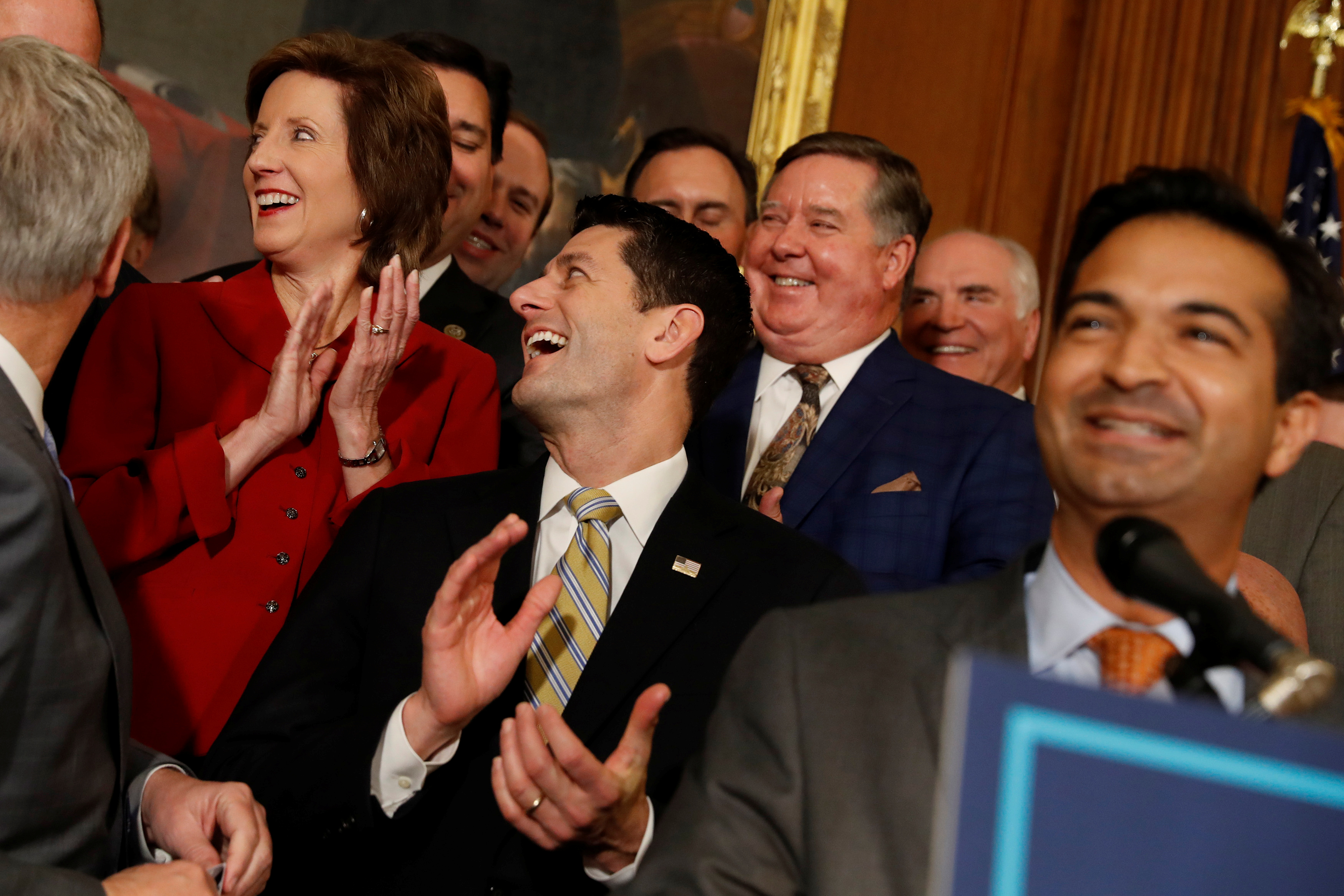A pair of U.S. congressmen from Florida are making a renewed bipartisan push for carbon tax legislation that failed to gain traction in 2018, The Washington Examiner reported.
Reps. Ted Deutch, a Democrat, and Francis Rooney, a Republican, are planning to reintroduce a bill Thursday that would place a $15-per-ton tax on carbon emissions in 2019. The tax would rise by $10-a-year increments until it hits nearly $100 per ton. (RELATED: Climate Caucus Republicans Suffer A String Of Election Defeats, Including Their Pro-Carbon Tax Leader)
“I am supportive of a carbon fee as a non-regulatory, revenue-neutral and market-driven incentive to move toward natural gas and away from coal, and to support emerging alternate sources of energy,” Rooney told The Washington Examiner. “This bill provides a method of ensuring that any fees are rebated back to the public.”
The pair of legislators, who co-chair the bipartisan Climate Solutions Caucus, partnered with other lawmakers to introduce an earlier version of the same bill in November 2018. That bill did not come up for a vote and died after the new session of Congress began.
The proposal is revenue neutral, or does not create another source of tax revenue for the federal government to tap into and divert for other causes. The money collected through the proposed carbon tax would be redistributed in equal amounts back to American families.
The tax would hit large carbon producers hardest, such as coal mines and oil refineries, and trickle down to manufacturers, automakers and other industries. It would also hit Americans in the form of higher energy costs and more expensive goods. The carbon tax rebate received by families is supposed to counter the increased price of energy.
Carbon tax proposals suffered a string of defeats last year at the national and state levels. Several carbon tax bills in the House and Senate failed to gain significant support and a carbon tax ballot measure in Washington state, meant to test the popularity of similar climate change tools, failed despite significant environmental and political backing.

House Republicans, including Speaker of the House Paul Ryan and GOP Rep. Carlos Curbelo, celebrate at a news conference announcing the passage of the “Tax Cuts and Jobs Act” at the U.S. Capitol in Washington, U.S., Nov. 16, 2017. REUTERS/Aaron P. Bernstein
Carlos Curbelo, a former U.S. representative from Florida, lost his bid for re-election in 2018 after leading the push to take up carbon tax legislation.
Carbon taxes, as a policy tool, sit in limbo between the general agendas of Republicans and Democrats. Conservatives say the policy hits impoverished and low-income families hardest by making goods more expensive while failing to effect any significant change. Environmentalists and Democrats usually tend to support government mandates to combat climate change.
All content created by the Daily Caller News Foundation, an independent and nonpartisan newswire service, is available without charge to any legitimate news publisher that can provide a large audience. All republished articles must include our logo, our reporter’s byline and their DCNF affiliation. For any questions about our guidelines or partnering with us, please contact licensing@dailycallernewsfoundation.org.


